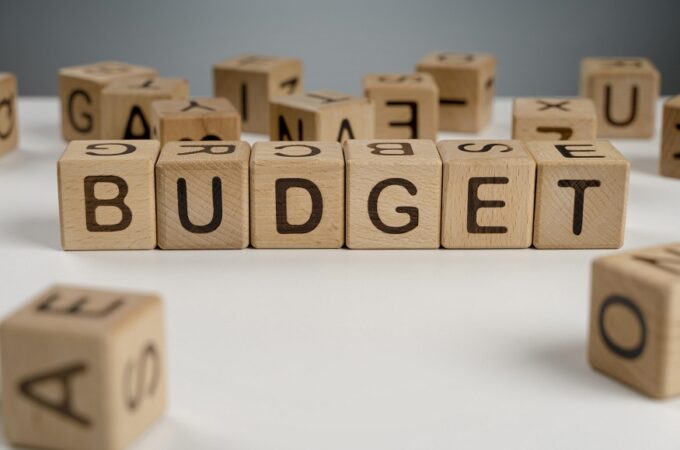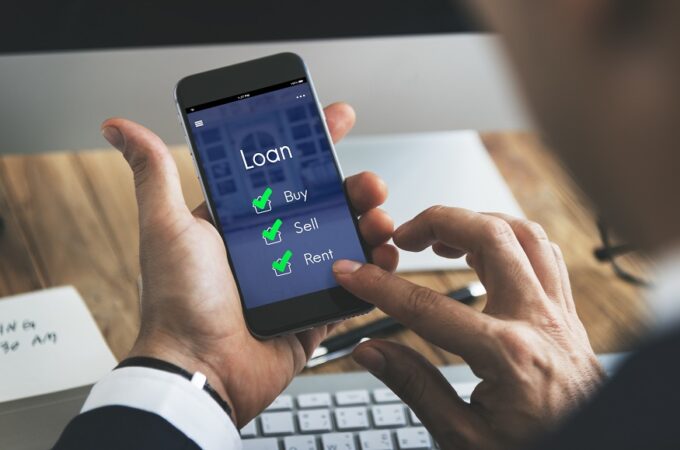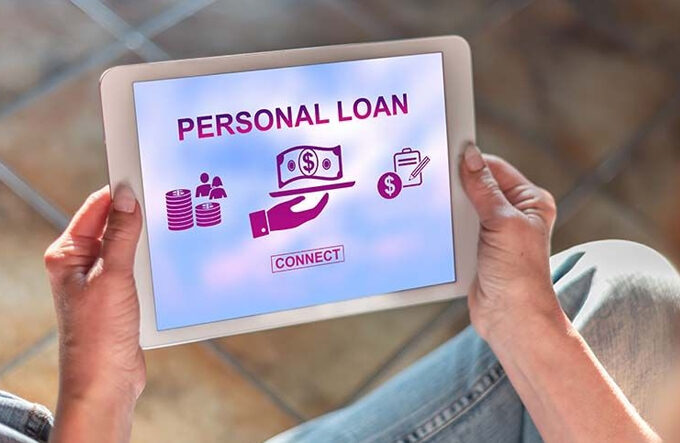
When should you not use a personal loan?
A personal loan is a type of flexible credit that the borrower can use for almost any legal purpose they want.
A personal loan can help you reach a number of financial goals, such as paying for an unexpected medical bill, paying for home improvements, or consolidating debt with a high interest rate.
Even though a personal loan can be a flexible way to pay for purchases in general, there are some things you shouldn’t use it to pay for. Below are things that should never be paid for with a personal loan.
Paying College Tuition
Before taking out a personal loan to pay for college, you should look into all the other ways you could get money, such as scholarships, grants, and federal student loan in Singapore.
Most of the time, the interest rates on federal student loans are lower than the loan rates on personal loans. Because of this, federal student loans tend to be a better choice than personal loans.
For most federal student loans, there is no need to check your credit. Depending on how much money you need, the government may be able to help you pay back a loan. There’s a chance that you’ll get more benefits.
After you’ve tried all the federal student loan options, you might want to think about getting a private (nonfederal) student loan to help pay for the rest of your education. Most of the time, you can apply for a private student loan at a bank, a credit union, a government agency, or a school.
Investing
Most of the time, people don’t get personal loans so they can invest the money. Even if you make a lot of money from your investment, the interest rates you have to pay will reduce or even cancel out the money you make.
The length of time it takes to pay back a personal loan is usually between one and five years, so keep this in mind. Also, the longer it takes you to pay off your loan, the more interest you’ll have to pay in the long run.
What will you do if your income changes, if the market does badly, or if something else bad happens?
In these kinds of situations, it’s smart to have a back-up plan for making your loan payments, but it’s even smarter not to take out a personal loan to invest.
Putting a Down Payment on a Home
Most mortgage lenders won’t let you use a personal loan as a down payment, but this might not be an option anyway, no matter what their rules are.
This is because getting a personal loan could make your ratio of debt to income (DTI) go up. Your debt-to-income ratio, or DTI, is the total amount of monthly debt you have compared to the total amount of money you make.
When looking at an application for a mortgage loan in Singapore, mortgage lenders usually want your DTI ratio to be lower than 43%, and some prefer it to be lower than 36%. This is because the maximum amount of debt you can have compared to your income is 43%.
If you take out a personal loan, your debt-to-income ratio (DTI) may go up, maybe even to the point where it is too high for the lender to accept. If this happens, your application for a mortgage may be denied.
Taking out a personal loan could also send a message to the lender that you are not financially stable enough to buy a home right now.
Starting a Business
You might be able to get a personal loan from a few hundred to a hundred thousand dollars to start your business, but that might not be the best idea.
Personal loans, on the other hand, won’t help you build credit for your business. Instead, your lender will use your name and account number to report your payments to the credit bureaus (not the businesses).
If you can’t pay back the loan, the money lender may try to get the money from you directly or even sue you.
Consider getting a business credit card if you want to build up your company’s credit history in case you need to apply for a loan to pay for your business operations in the future.
If you have good credit, you might be able to get a deal with 0% APR at first. This will give you a certain amount of time to pay off your purchases without having to pay interest.
Keep in mind, though, that once the introductory APR period is over, the interest rate will go back to its normal rate, which could be at least 20% higher than the introductory rate.
Covering Basic Living Expenses
Is it a good idea to get a personal loan when you don’t have enough money to pay your bills but still need to? No.
If you can show that you have a solid plan for getting back on your feet financially and paying back the loan, you may be able to get a personal loan to help you get through a short-term financial problem.
On the other hand, you run the risk of making the problem harder to solve in the long run, since you will have to pay back the full amount of money you borrow plus interest.
If monthly income is usually not enough to cover all of your bills, it may be time to rethink how you spend your money.
Look for ways to save money, like cooking more meals at home, using coupons, and canceling subscriptions that you don’t use.
Also, make it a top priority to look for ways to bring in more money. You could try to get a raise at your current job, offer to work more hours, or start a side business, for example.
Even though these steps might not be very appealing, they are necessary to break the cycle of debt.
For Vacation
Getting a personal loan to pay for a trip is usually not the best choice when it comes to your finances, since you will have to pay interest on money you borrowed for something that isn’t really necessary.
Even so, from a financial point of view, it is usually smarter to pay for a vacation with a personal loan instead of a credit card with a higher interest rate.
If you need to borrow money for a vacation because you will miss something important, like a family member’s wedding, and you can’t afford to miss it, you might want to look into personal loans.
You won’t have to borrow more money than you need to because so many banks offer personal loans for as little as $1,000.
You should do everything you can to keep your loan balance as low as possible. If you can put off your trip until you have enough money to pay for it in full, you might want to do that.





